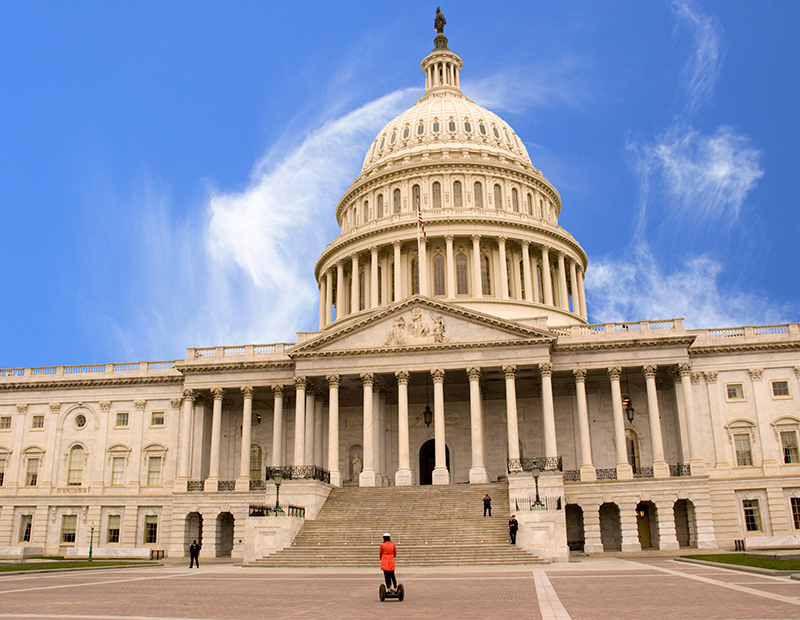Congress Approves $484B Coronavirus Relief Bill
The legislation is designed to supplement the $2.2 trillion CARES Act that became law at the end of March.
The House of Representatives on Thursday passed a $484 billion interim coronavirus relief bill that provides an additional $310 billion for the Paycheck Protection Program (PPP), a new loan program for distressed small businesses that ran out of funding last week. The legislation, which is expected to be signed immediately by President Trump, is designed to supplement the $2.2 trillion Coronavirus Aid, Relief, and Economic Security (CARES) Act that became law at the end of March.
READ ALSO: CPE’s Coronavirus Coverage
Real estate companies that can show that more than half of their revenue comes from services provided rather than rent may be eligible for loans under the PPP, which is administered by the U.S. Small Business Administration (SBA). This typically excludes property owners, but property management firms may qualify.
Under the program’s rules, apartment buildings are not eligible; hotels, motels, RV parks and similar businesses are eligible if most of the revenue of their businesses for the prior year comes from transient customers who stay for less than 30 days at a time; and mini-warehouses, office suites and shopping centers are not eligible “unless they provide sufficient services,” according to the rules embedded in the existing SBA guidance.
In addition, while construction companies qualify for loans, homebuilders and land developers do not qualify, noted Kristi Gibson, partner and national co-leader of BDO USA’s real estate & construction practice.
Uneven impact
Marc Wieder, accounting and audit partner at Anchin, noted that a building owner that employs a superintendent, porter and doorman will not qualify for a loan even though the employees are essential to maintain the building and provide security for tenants.
“It doesn’t seem right,” Marc Wieder, who co-leads Anchin’s real estate group, told Commercial Property Executive. “The purpose of PPP was to keep people employed.”
He added: “If you take your typical closely held family real estate operation, where they own multiple properties and they have a management company, that management company is eligible for a PPP loan. And if they do things right, that loan can be forgiven.”
Gibson highlighted another headache for property management firms. “My clients that do quite a bit of management, they’re having trouble because the cash really seems not to be flowing upward.”
While commercial tenants might have been expected to use PPP loans to make rent payments to owners, who in turn would have those funds available to pay the management company, in practice this is often not happening. “Everyone is kind of hunkered down in cash preservation mode so the cash is really frozen,” Gibson added.
Another bailout
Congress has now approved a total of $2.7 trillion in federal aid in the past six weeks in response to the crisis that has idled millions of small businesses across the country and wiped out more than 26 million jobs. Lawmakers are considering another $1 trillion or more on further government interventions.
Roughly $60 billion of the new bill’s PPP funding is earmarked for small lenders and community banks, while another $60 billion goes to the Economic Injury Disaster Loan program focused on struggling small businesses and communities. The bill also provides $75 billion and $25 billion, respectively, for aid to hospitals and expanded coronavirus testing.
Both Gibson and Wieder have been advising clients to keep submitting their applications regardless of the current funding status of the SBA program. “It will be interesting to see if {the current funding tranche) will last only another two weeks and then a third round will be made available,” said Gibson.








You must be logged in to post a comment.